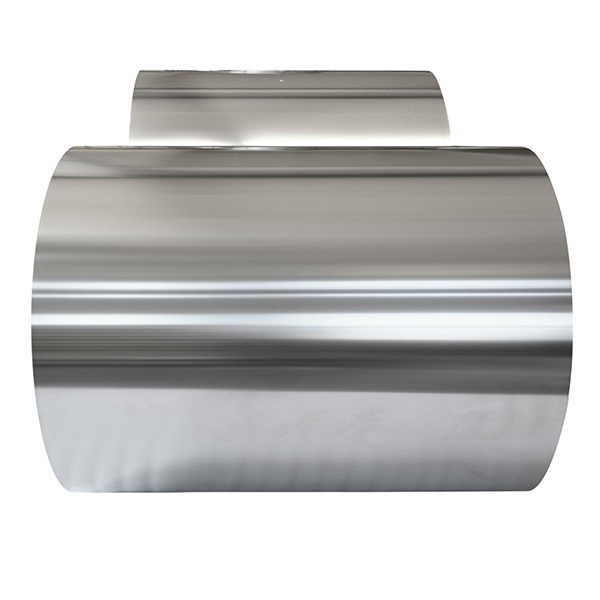The Indian government upgraded its steel quality control system, requiring all steel products subject to the Quality Control Order (QCO) to be certified by the Bureau of Indian Standards (BIS). The new regulations apply equally to both domestic and international manufacturers exporting to India. The regulations currently cover 151 Indian standards, with a focus on stainless steel, carbon steel, and alloy steel.

To ensure the implementation of the standards, the government has deeply integrated BIS certification with import regulations: First, it requires that Qualified Co-products (QCO) products must pass BIS laboratory testing and bear the certification mark; second, it has integrated the No Objection Certificate (NOC) application system with the Steel Import Monitoring System (SIMS), enabling a "single-window" declaration process for products not included in the QCO. Indian steel ministry officials stated that this move will significantly improve compliance efficiency and bolster the international credibility of the BIS certification system.
Recently, India abruptly upgraded its BIS certification rules, mandating traceability of certification back to upstream raw material suppliers.
After directing that all intermediate inputs used to produce BIS-certified steel products must comply with BIS standards, the Indian Ministry of Steel issued a clarification notice.
According to the clarification notice, intermediate materials used to manufacture final products in accordance with BIS standards must also adhere to the BIS standards prescribed for such intermediate products. In other words, the base materials (billets, hot-rolled coils, and cold-rolled coils) used to produce finished products must be BIS-certified.
It is understood that integrated steel mills licensed under BIS do not need to obtain separate certification for each intermediate stage. The current BIS licensing process covers the entire production chain.
It is reported that the new regulations immediately froze Taiwan's orders to India in June. Customs data show that domestic stainless steel exports to Taiwan fell 46% year-on-year to 18,800 tons in May 2025.
India's stainless steel imports primarily come from Indonesia, China, Vietnam, and South Korea. The upgraded BIS certification may also affect Vietnamese exports to India.
This suggests that domestic stainless steel exports may face further obstacles.